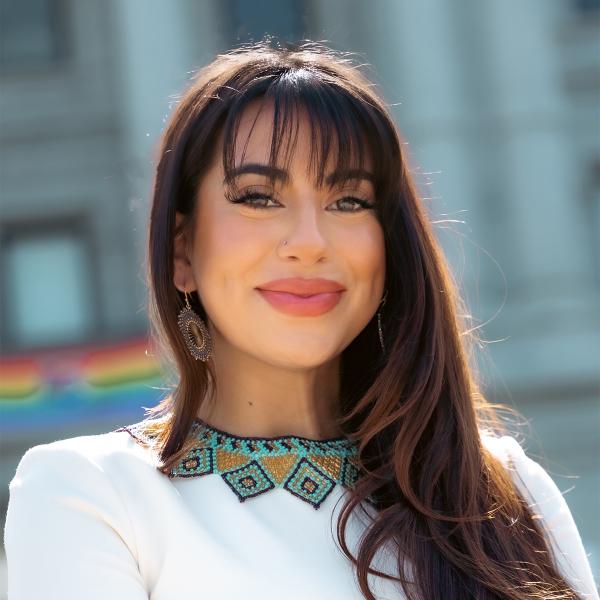Luisa’s mother brought her to the United States from Portugal at age 7, searching for the American Dream. She’s now 26, with a daughter of her own. But her undocumented immigration status keeps her from services many people take for granted, like health insurance.
“I haven't been able to visit a dentist since I first entered the U.S,” Luisa said.
Oral health is just one of her many concerns. She lives with the constant fear of any health issue bringing an unbearable financial burden.
Luisa is a part-time med spa technician, juggling various other jobs to meet the escalating costs of living for herself and her daughter in Denver. Her daughter is a U.S. citizen and has full health coverage through Medicaid. But Luisa can count on one hand the number of times she’s been to the doctor since arriving in the United States — including her pregnancy.
“It's also challenging to establish a relationship with a primary doctor, so the only time I find myself in a medical facility is during emergencies,” she said. ”Even then, I avoid it at all costs because a simple walk-in can cost me $1,000. Accessing regular health care without breaking the bank has been an unattainable luxury for me.”

